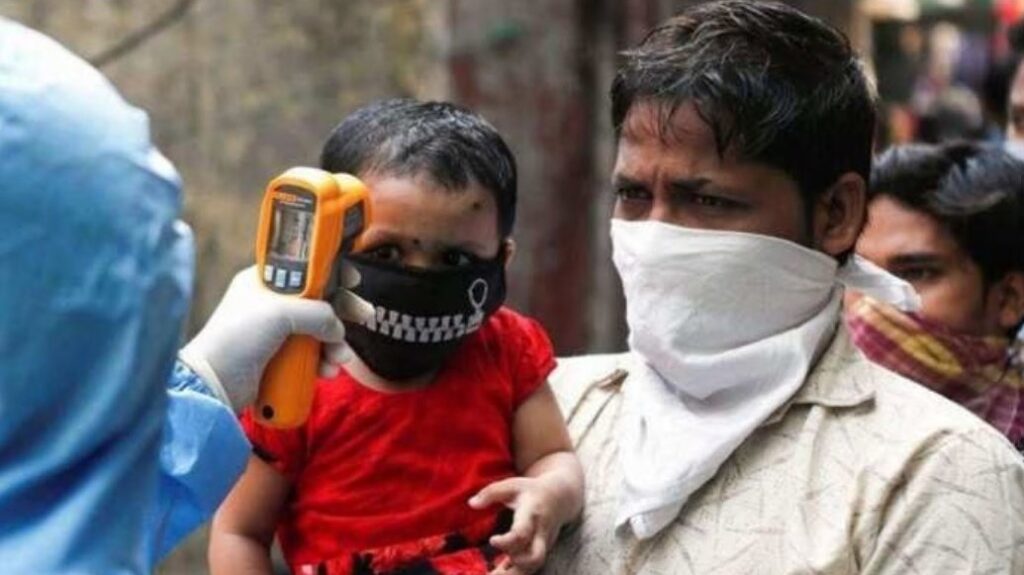To keep their children safe, all the adjoining states have put up check posts at their borders with Kerala and are conducting on-the-spot checks. According to reports, the total number of cases in Kerala is slated to increase soon.

New Delhi: Even as people continue to reel under the effects of Covid-19, a new virus is seemingly creating panics in the southern part of India, mainly in Kerala. The virus, called the Tomato Flu, affects only children and till now, around 80 children have been affected by the virus.
To keep their children safe, all the adjoining states have put up check posts at their borders with Kerala and are conducting on-the-spot checks. According to reports, the total number of cases in Kerala is slated to increase soon.
As a step against the spread of the tomato flu in one of the districts of neighbouring Kerala, a medical team is carrying out tests of those entering Coimbatore for fever, rashes and other illnesses at Walayar on the Tamil Nadu-Kerala border, reported news agency PTI.
So, what is Tomato Flu?
Tomato Flu is an unknown virus which has been mainly found among children below five years of age in Kerala. The flu is known to cause rashes and blisters on the body which are generally red in colour hence the name, ‘tomato flu’ or the ‘tomato fever’. There is also a debate whether the disease is a viral fever or an aftereffect of chikungunya and dengue fever.
Symptoms of Tomato Flu
The symptoms include rashes, red blisters, skin irritation and dehydration. Other than this, the infected children can have a high fever, body ache, joint swellings, tiredness, cramps in the stomach, nausea, vomiting, diarrhea, discolouration of hands, knees, buttocks, coughing, sneezing, and runny nose.
What to do?
While the primary step should be to get in touch with a doctor, a child should be stopped from scratching the blisters. It should be ensured that the blisters do not burst. In addition to that, all infected persons should be kept well hydrated and contact with the infected persons should be minimum. Maintaining proper hygiene is also important.
